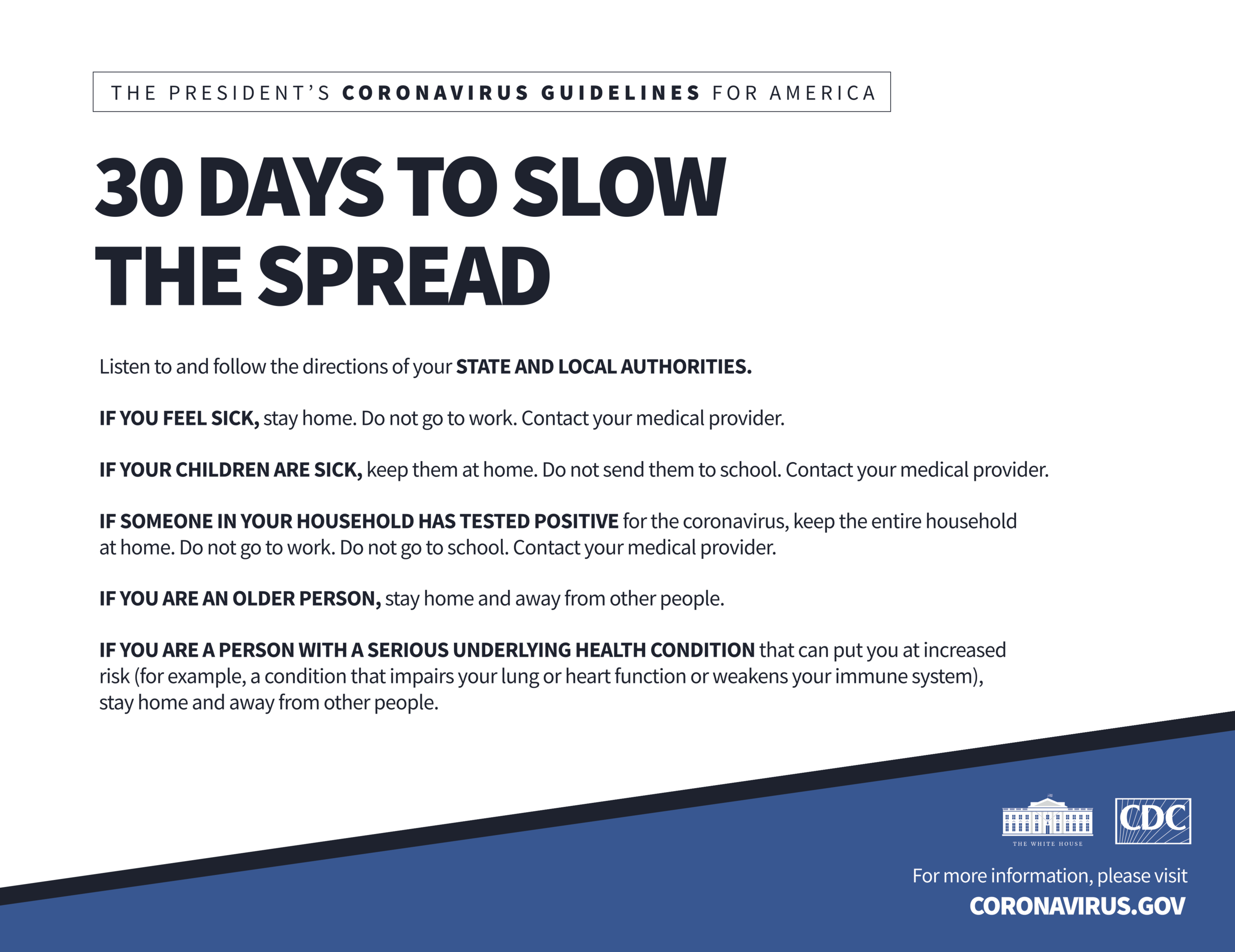First, I hope this finds you and your family safe and healthy. We’re facing an unprecedented global health crisis, and our normal routines have been upended so dramatically. If you need help, please let me know. You can also reach out to the following local and state resources:
Pennyroyal Center RESPOND hotline (available 24/7/365): 877-473-7766
Kentucky’s COVID-19 Website and hotline: 800-722-5725, or general inquires can be emailed to KYcovid19@ky.gov
Centers for Disease Control and Prevention
When in doubt, call your primary care provider.
Many of you have emailed, messaged or called regarding various items in the budget, and on Wednesday, April 1st, the legislature sent a truncated, one-year budget to the Governor for consideration. Regrettably, this budget is based on revenue projections that no one believes we’ll hit in light of the COVID-19 pandemic. All raises for various state employees that have been discussed have been put on hold. Much needed increases in spending on education and infrastructure are almost entirely delayed. However, we are putting an emphasis on public health, unemployment, and along with several other changes to help all Kentuckians navigate these difficult waters, in Senate Bill 150, Kentucky’s own COVID-19 relief bill that was passed unanimously on March 26th and was signed into law on March 30th. The Executive, Judicial and Legislative branch budgets were all passed to cover spending only for the first half of the biennium. The General Assembly will return for its next regular session in 2021 to prepare a revised budget for the second year of the biennium, ostensibly based on updated economic forecasts. I know we all hope to have COVID-19 well behind us by then.
While the General Assembly currently plans to return for a final day (or possibly two days) in mid-April to consider overriding any vetos and to make final passage of other bills, leadership in both chambers are monitoring the emergency daily. The Kentucky Constitution prohibits the legislature from conducting business in an even-numbered year beyond midnight on April 15th. If we don’t return by then the legislature is adjourned automatically by constitutional mandate.
Unfortunately, with the COVID-19 emergency the legislature has, rightly, decided to recess for as much time as possible to minimize potential exposure to staff and legislators. As a result, many bills that were headed toward more debate and possible passage have fallen to the wayside in the interest of the most important policy work, namely those bills related to budgets, pensions, and public health. I feel confident many of these bills will be filed and pursued again in 2021.
Below I’ve included links to key budget and revenue documents, including a summary of the “main” budget document (Executive branch) to show some of the highlights. If you have questions or if I can help don’t hesitate to reach out. You can email me here, or call my Frankfort office at 502-564-8100.
In the meantime, please remember to maintain physical distance in accordance with CDC recommendations and stay home as much as possible!








